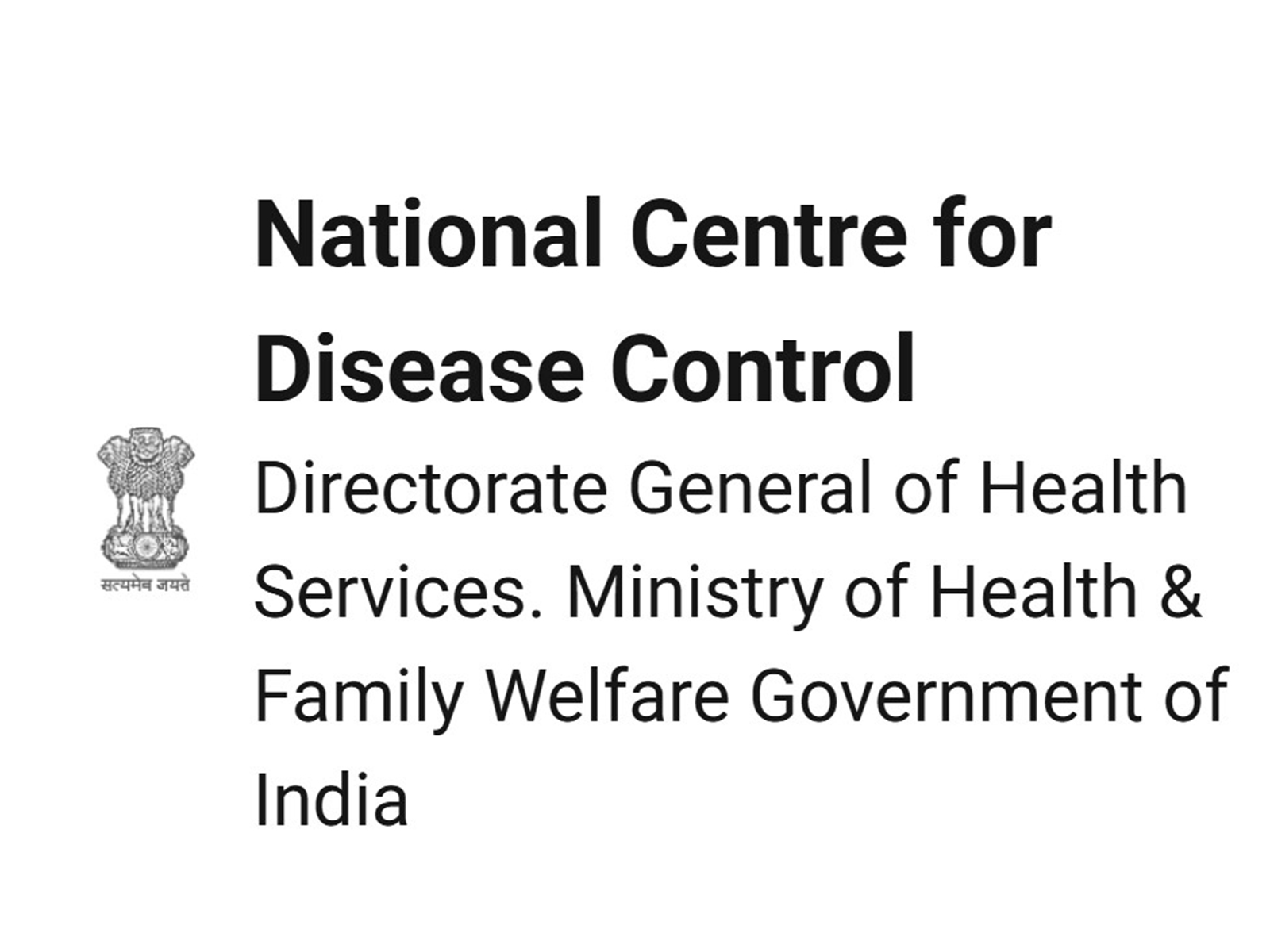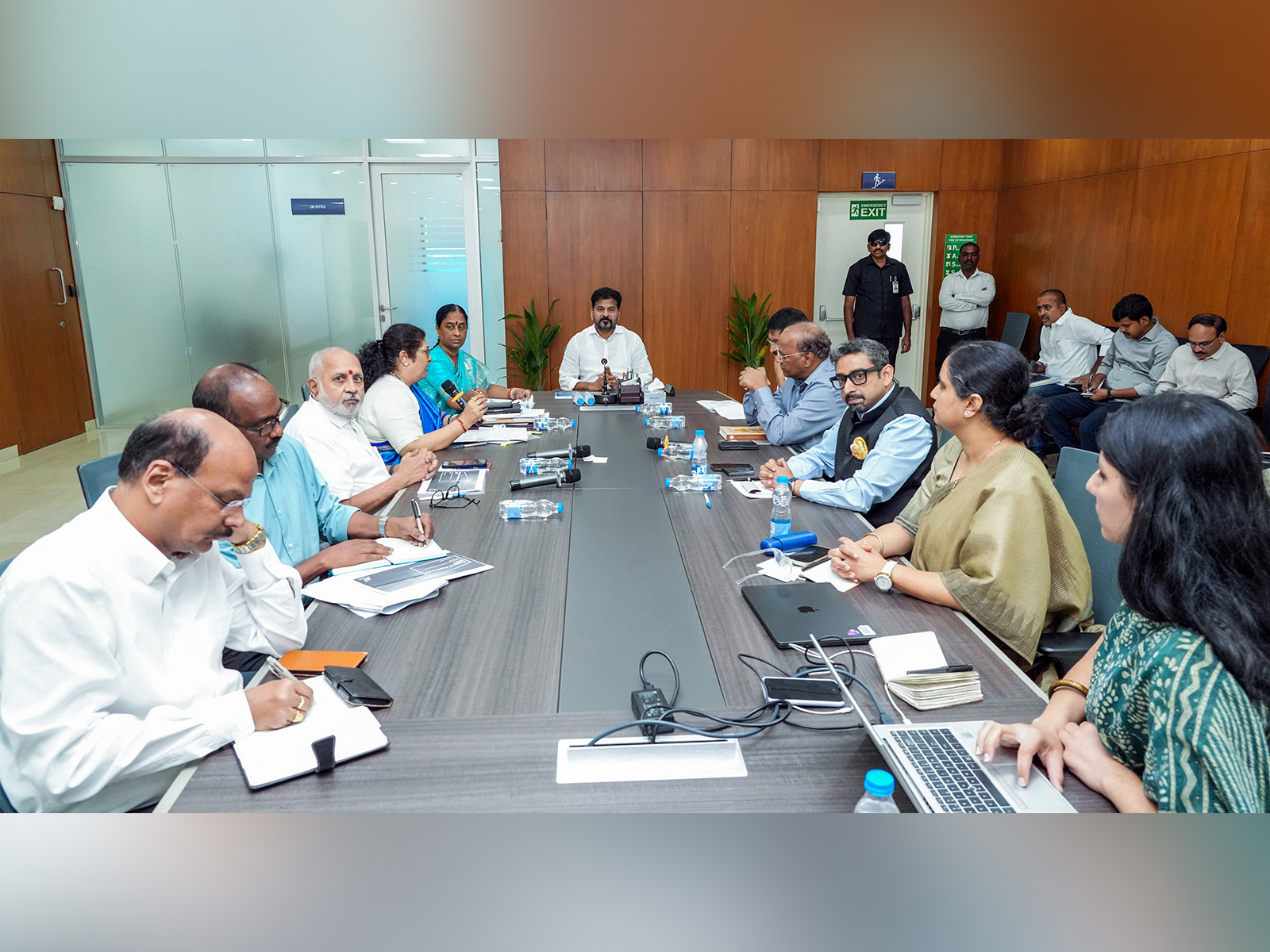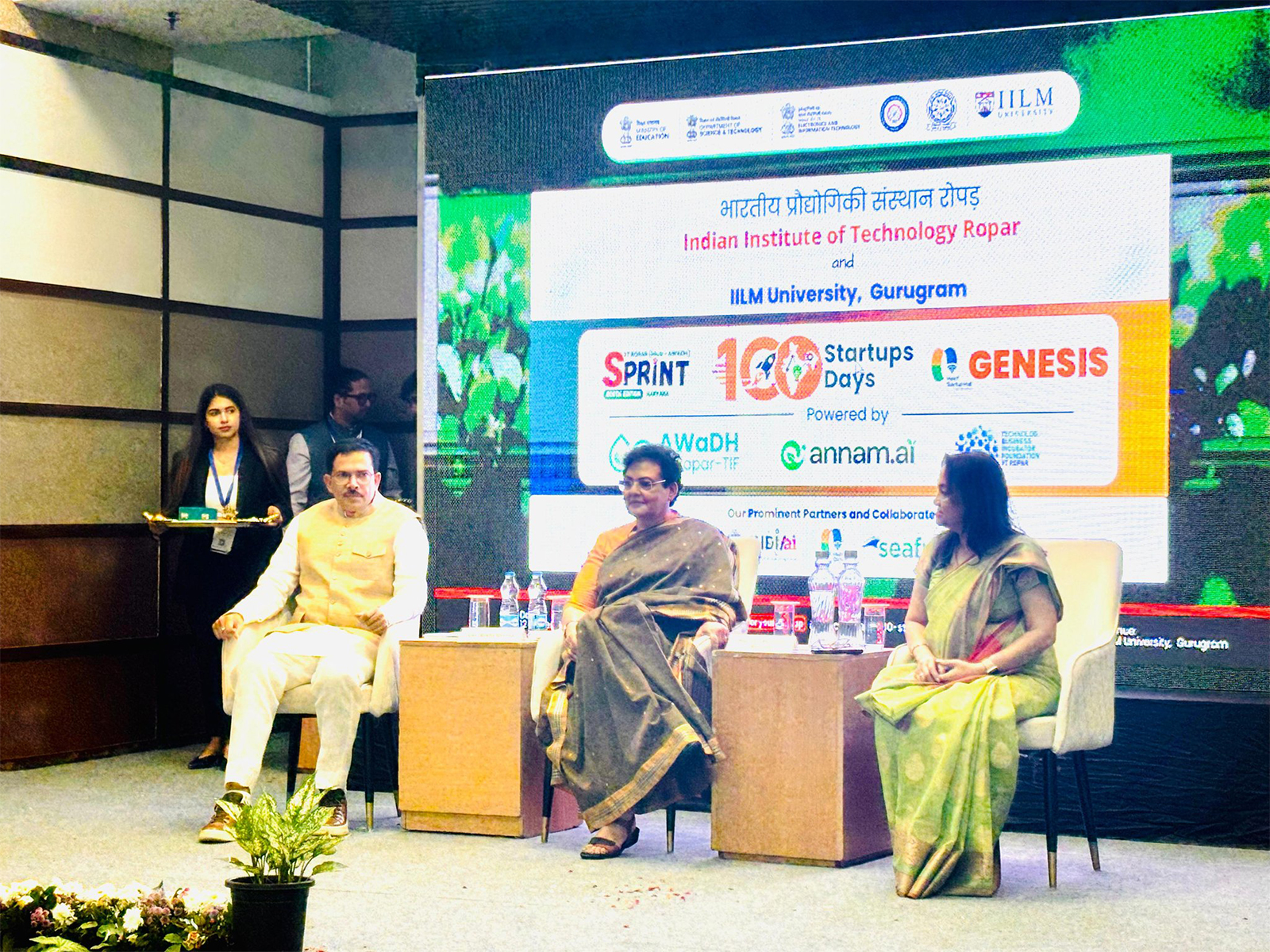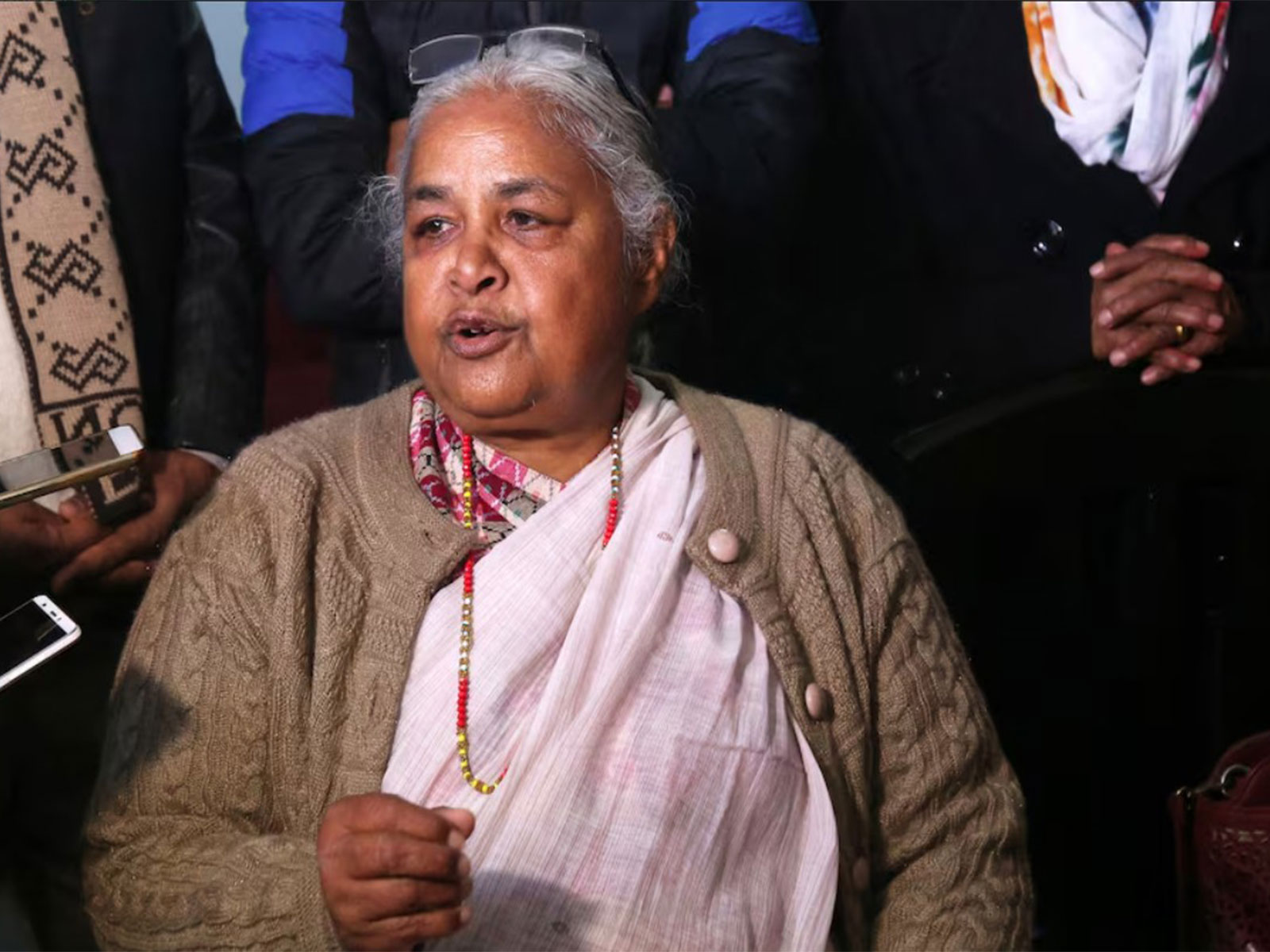
NCDC, Kerala Health Department monitoring brain-eating amoeba situation closely: Official sources
Sep 12, 2025
By Shalini Bhardwj
Thiruvananthapuram (Kerala) [India], September 12 : Kerala's health authorities are on high alert due to multiple cases of Primary Amoebic Meningoencephalitis (PAM), a rare and often fatal brain infection caused by the Naegleria fowleri amoeba, commonly known as the "brain-eating amoeba."
Official sources confirmed that the National Centre for Disease Control (NCDC) and the Kerala Health Department are closely tracking the situation after the state reported 52 cases this year, affecting individuals aged 3 months to 91 years, with 33 males and 19 females diagnosed.
Kerala has reported multiple deaths and a cluster of Primary Amoebic Meningoencephalitis (PAM) cases across districts in August and September 2025, according to official sources.
Sources told ANI that the age range of confirmed PAM cases is between 3 months and 91 years, including 33 males and 19 females.
"Given past reports from the state and high fatality associated with the disease, continuous vigilance, enhanced surveillance, environmental sampling, and strict IEC measures are essential. NCDC and the State Health Department are monitoring the situation closely, with laboratory confirmation and epidemiological investigations underway," official sources said.
The age Range of PAM cases is 3 months to 91 years, and cases reported this year are 33 Males and 19 Females.
Kerala has previously reported cases of PAM. In 2024, cases were reported from Kozhikode, Malappuram, and Kannur districts during June-July.
"A central team investigated, following which technical guidelines and a CD Alert were issued by NCDC, which the State Government adopted to issue guidelines in July 2024 for prevention and treatment of Primary Amoebic Meningoencephalitis, PAM," said official sources to ANI
As Public Health Response, "Testing of febrile and symptomatic individuals across affected districts. Alert issued to Kozhikode Medical College and district hospitals."
"Awareness campaigns in communities regarding risks of fresh water exposure. Environmental measures: Instructions issued for cleaning and chlorination of wells and public water sources."
Sources said further, "Fever survey is ongoing in affected localities. Sample collection from CSF, nasal swabs, and water sources is being tested. The preventive measures (Advised to Public) are to avoid swimming/bathing in ponds, rivers, or stagnant water. Ensure proper chlorination of swimming pools and water parks. Use nose clips or cover the nose when exposed to fresh water. Clean and chlorinate household wells regularly. Seek immediate medical care for any neurological or meningeal symptoms following water exposure."
PAM is not transmissible from person to person.























